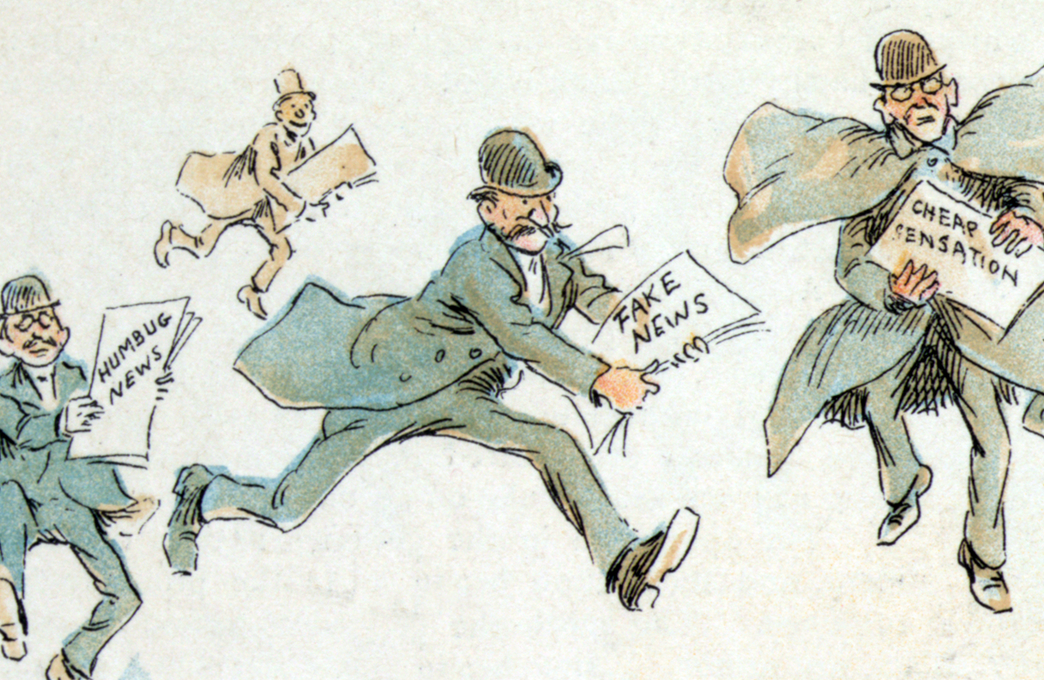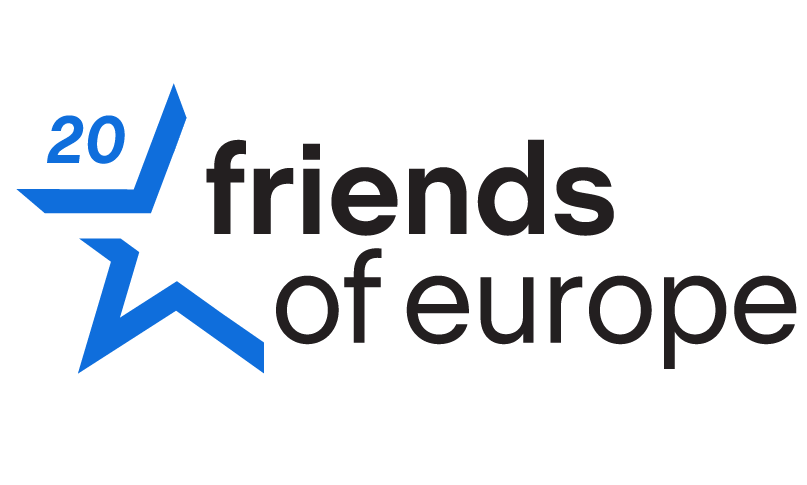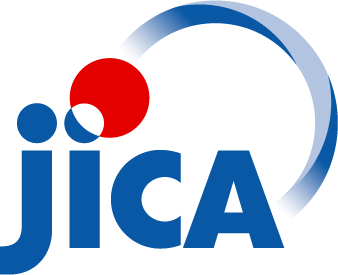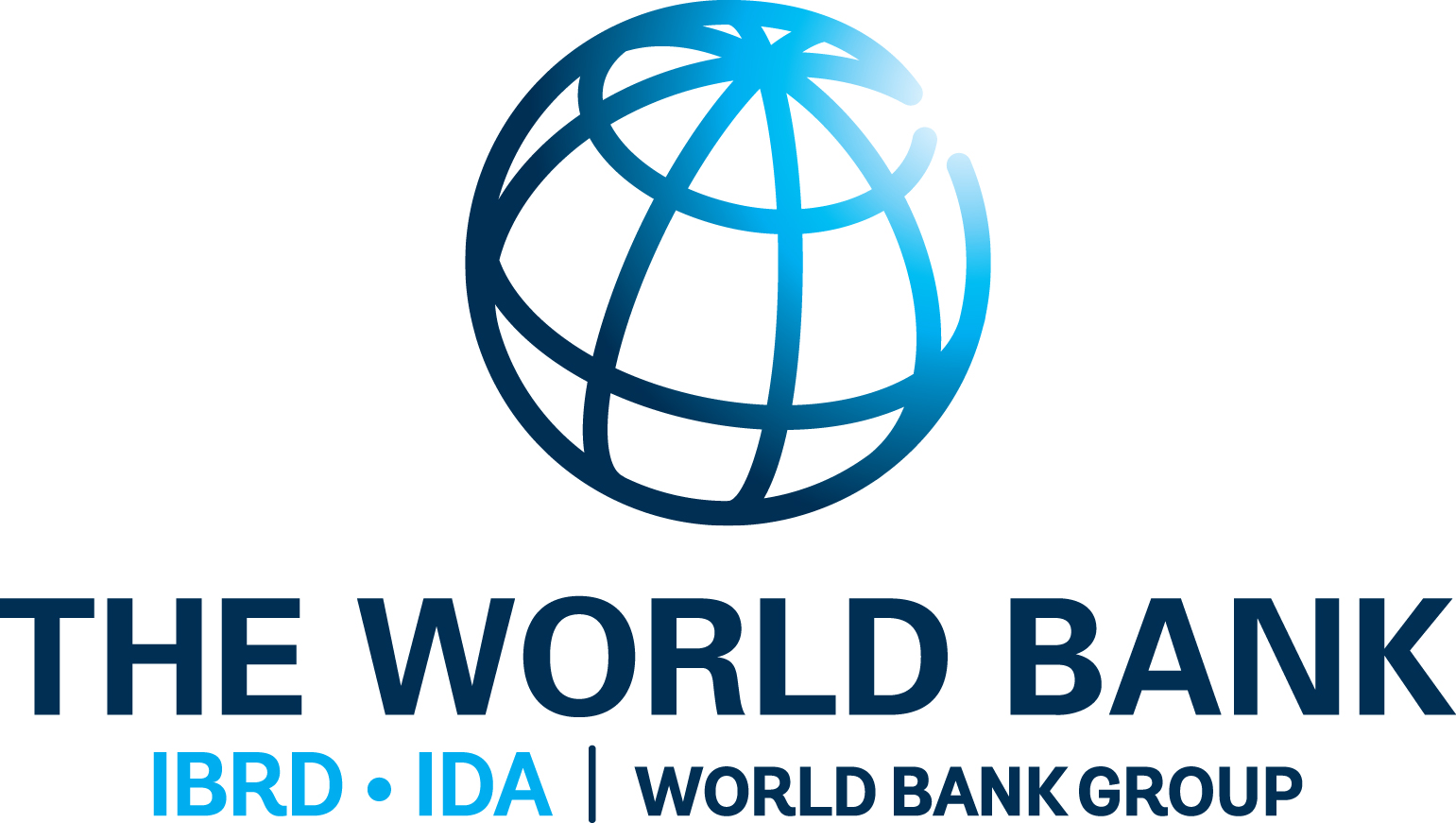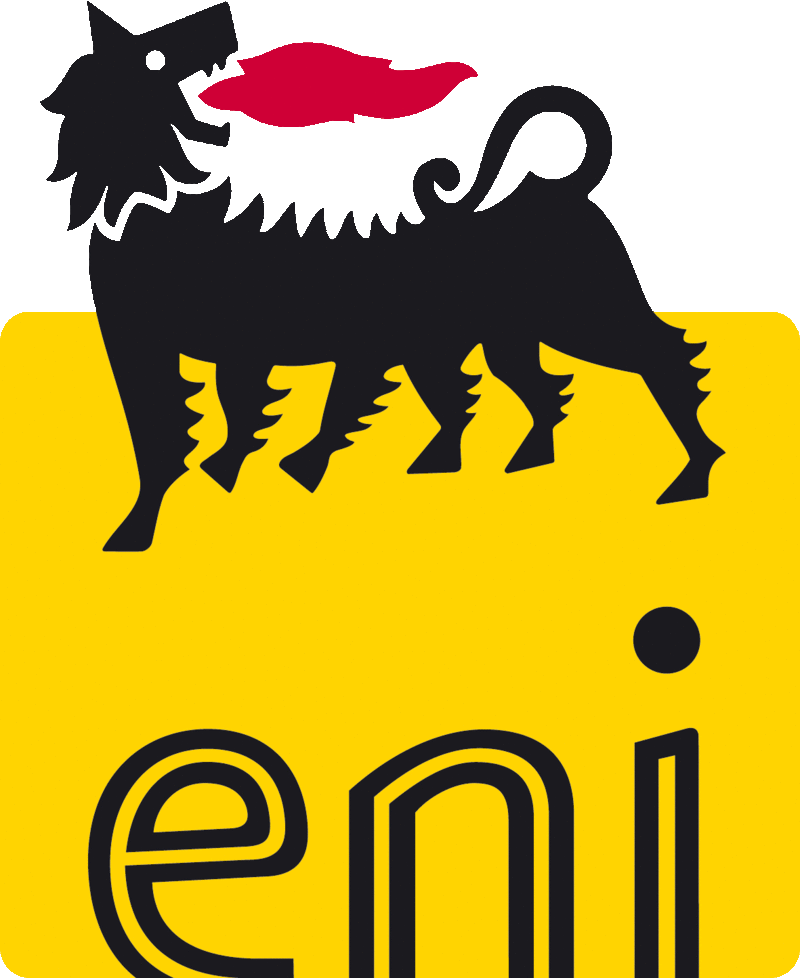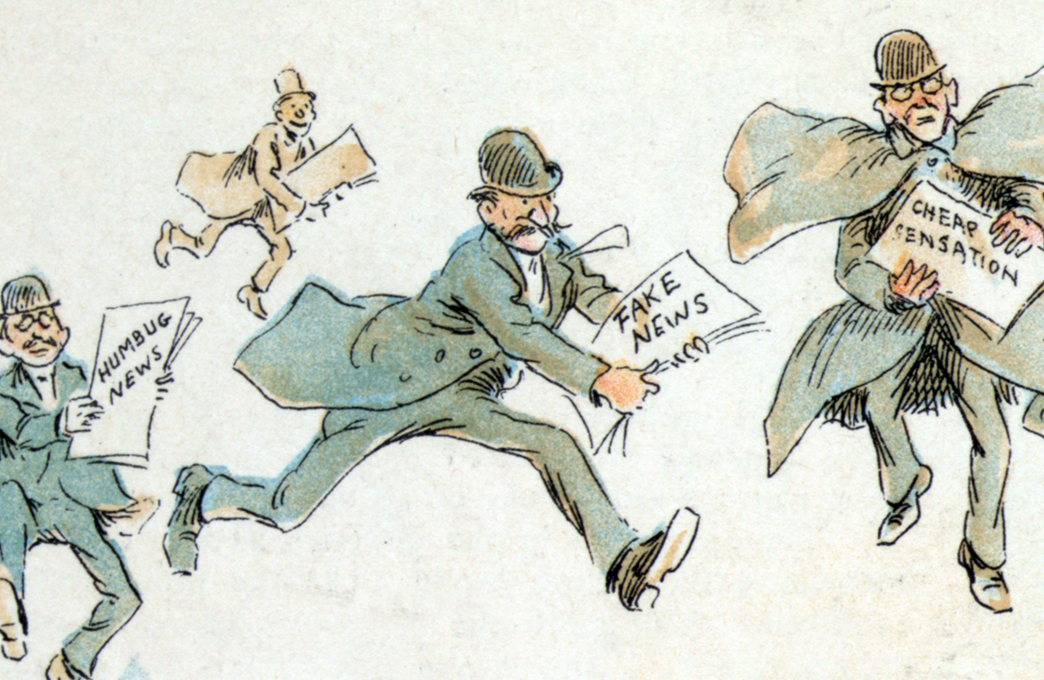
About
This event is part of our Development Policy Forum (DPF), which brings together a number of important development actors, including the Deutsche Gesellschaft für Internationale Zusammenarbeit (GIZ), the Japan International Cooperation Agency (JICA), the European Investment Bank (EIB), the United Nations and the World Bank. Reflecting the growing role of the private sector in development, the DPF has now welcomed Coca-Cola and Eni to the forum. The DPF contributes to the global and European conversation on inclusive development. Through its activities and publications, the DPF reflects the rapidly-changing global debate on growth and development and seeks to encourage a multi-stakeholdered, fresh, up-to-date thinking on the multiple challenges facing the development community.
This debate is held on occasion of World Press Freedom Day and is part of our horizontal theme ‘Ethics for the 21st century’ through which we take a renewed look at the ethical systems that guide our behaviour.
Our events include photos, audio and video recording that we might use for promotional purposes. By registering, you give your permission to use your image. Should you have any questions, please contact us.
PHOTO CREDIT: Frederick Burr Opper
Schedule
The health sector is no stranger to the dangers of disinformation. The anti-vaccine movement has grown large enough to see previously eliminated diseases (like polio) return to populations. As we live through Covid-19, there is no dearth of shrill announcements on social media and in traditional media outlets referring to new miracle cures and false medical breakthroughs. Disinformation on health in these difficult times can have far reaching negative effects, creating false hopes or encouraging people to disobey government health warnings and instructions. While disinformation is nothing new, recent changes in how people consume information and the rise of social media platforms has created a very noisy information landscape making it hard to navigate for users and regulating authorities. Questions to be addressed include :
- How is disinformation complicating efforts to control Covid-19 and what are governments and media – including social media – doing about it?
- How do democracies, built on the principles of free speech, counter misinformation spread by their own citizens without engaging in censorship?
- Are there any best practices and important experiences in combatting health disinformation that can and should be shared amongst policymakers and reporters?
speakers
Inma Vazquez
Médecins Sans Frontières’ (MSF) Representative to the EU and NATO
Daniel Braun
Deputy Head of Cabinet to Vice President of the European Commission Vĕra Jourová
Marisa Jimenez Martin
Director and Deputy Head of EU Affairs at Facebook
Ute Schaeffer
Head of Media and Public Relations at the Deutsche Gesellschaft für Internationale Zusammenarbeit (GIZ)
Hannah Storm
Chief Executive Officer at the Ethical Journalism Network
Juliane von Reppert-Bismarck
Founder and Chief Executive Officer of Lie Detectors
Moderator
Shada Islam
Managing Director at New Horizons Project
Speakers
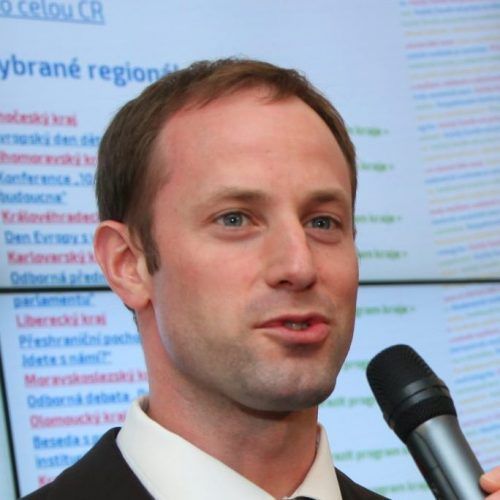
Deputy Head of Cabinet to Vice President of the European Commission Vĕra Jourová
Daniel Braun is a dedicated public servant, having worked at both the national and European level. In his current portfolio, as Deputy Head of Cabinet of Věra Jourová, he covers the topics of disinformation and AI, as well as economic and monetary affairs. As part of his continuous effort to tackle racism, xenophobia and illegal hate speech, Braun was instrumental in initiating and conducting deliberations of the European Commission and major IT platforms, which resulted in the announcement of the Code of Conduct on illegal online hate speech. Previously, Braun served as the first deputy minister of regional development in charge of the EU policy, where he headed the Czech negotiation team with the European Commission.
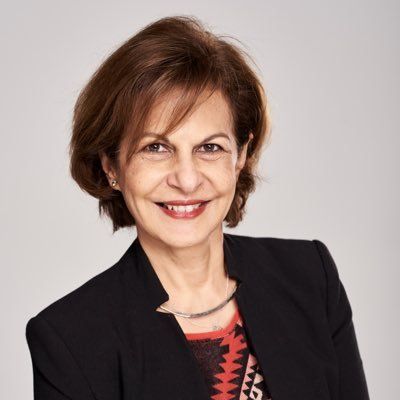
Managing Director at New Horizons Project
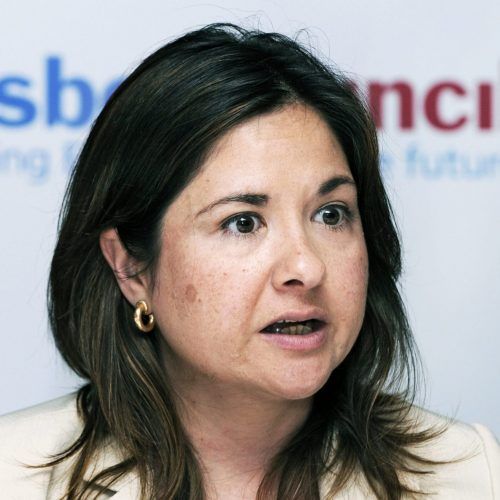
Director and Deputy Head of EU Affairs at Facebook
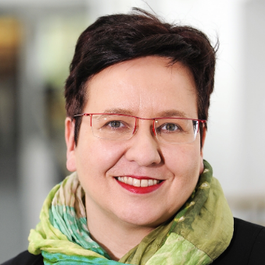
Head of Media and Public Relations at the Deutsche Gesellschaft für Internationale Zusammenarbeit (GIZ)
Ute Schaeffer is an experienced journalist and digital communication professional. In her current role, she is responsible for media and public relations at the Deutsche Gesellschaft für Internationale Zusammenarbeit (GIZ). Prior to joining GIZ, Schaeffer was deputy director of the Deutsche Welle Akademie, an institution working on media development and access to information worldwide, and editor-in-chief of Deutsche Welle (DW). She has extensive international experience, having covered the regions Africa, Middle East and Eastern Europe for DW. She is also the author of Fake not Fact – How Populists, Bots and Trolls Attack Democracy (2018).

Chief Executive Officer at the Ethical Journalism Network
A media consultant specialising in gender-based violence and gender-sensitive reporting, Hannah Storm is the Director and CEO of the Ethical Journalism Network (EJN), an alliance of reporters, editors and publishers aiming to strengthen journalism around the world. Storm is also the co-author of The Emotional Toll on Journalists Covering the Refugee Crisis and The Kidnapping of Journalists: Reporting from High Risk Conflict Zones, both written for the Reuters Institute for the Study of Journalism at the University of Oxford and No Woman’s Land: On the Frontlines with Female Reporters, published by International News Safety Institute (INSI), which explores the unique safety issues for women working in the media.

Médecins Sans Frontières’ (MSF) Representative to the EU and NATO
Inma Vazquez’s extensive experience in the field of humanitarian aid includes 15 years of field work occupying management positions in humanitarian organisations like Médecins sans Frontières, Action contre la Faim and the European Commission Directorate-General for European Civil Protection and Humanitarian Aid Operations. She has been in charge of large field operations and worked in a variety of contexts ranging from complex emergencies to natural disasters and transition situations. Between 2004 and 2007 Vazquez was MSF’s liaison for the Global Fund to fight against HIV/AIDS, malaria and tuberculosis.

Founder and Chief Executive Officer of Lie Detectors
Juliane von Reppert-Bismarck is the founder of Lie Detectors, an award-winning journalist-led news literacy campaign. The goal of her organisation is to raise awareness of disinformation and media bias among European schoolchildren and their teachers. Von Reppert-Bismarck represented Lie Detectors within the European Commission’s High Level Expert Group on Digital Disinformation and Fake News and has advised policymakers on anti-radicalisation and lateral literacy in an age of media pluralism. An award-winning journalist, Juliane has worked on the field in several continents and has written for The Wall Street Journal, Reuters and Newsweek, among others.
Partners
Development Policy Forum
supported by

Continue
the debate on
- Debating Europe
